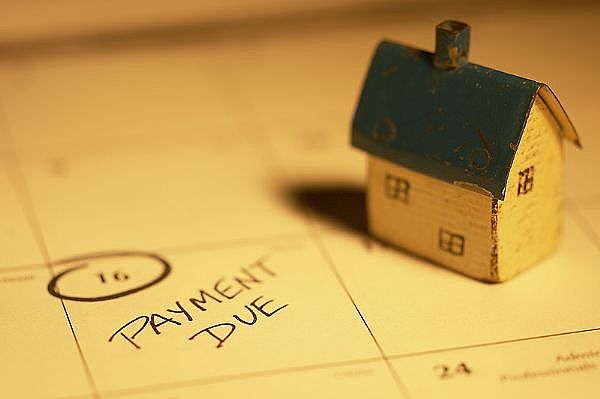
31 May 2 Year Fix versus 5 Year Fix. What To Do?
Uncertainty on future interest rates with a 2-year fixed-rate loan is particularly acute right now as borrowers will need to re-mortgage just as the “divorce” from the European Union is completed.
Other factors affecting interest rates include inflation – they normally move up as inflation moves up. The latest inflation rate in February 2017 of 2.3% is the highest in 3 years.
We weigh up here the usual advantages and disadvantages with fixing for 5 years as opposed to 2 years:
1 ) A longer 5 year fixed rate gives stability of payments so you know your mortgage commitments and monthly payment for a greater period of time.
2) The interest rate on a 5 year fixed interest rate is higher than a 2 year rate, so whilst you have stability of payments for 5 years the amount that you will paying to the lender is higher than the equivalent 2 year fixed interest rate. Therefore, if the underlying Bank of England interest rate on which mortgage rates move with stayed at the same level over the 5 years you may be paying more back due to the higher 5-year fixed interest rate product. Since 2009 we have seen people go onto a 5 year fixed and come off it again…
3) Other questions to be asked if you are looking to fix for 5 years are how long are you looking to be in your home? Would you need to move for work commitments, or need additional room for an expanding family? Whilst you can move your loan to another property called “porting”, the lender will look at your circumstances at the time via a full underwrite and want to ensure that the new home is suitable to port the mortgage to. If you are looking to stretch yourself – the 5 year fixed rate lender may not accommodate you at that time…
4) There are early repayment charges if you do not want your mortgage anymore in the fixed rate period, something to consider when applying for a product.
5) Are you thinking of changing your work situation by going self-employed? Most lenders would want at least 2 preferably 3 years’ accounts to assess your income for a mortgage. A 5-year fixed rate would give you time to build up the business and income. It also gives you a known cost for 5 years.
6) The interest rate used on mortgages is dependent on the amount of your deposit so if you have a larger deposit the interest rate is lower. Therefore, if you have a smaller deposit it may be better to fix for 2 years. This is because when you come to re-mortgage after 2 years potentially the amount of equity you have in the home will have increased as you will have made 2 years’ mortgage payments and hopefully house prices have risen. When you come to re-mortgage your equity or deposit will be higher so the interest rate would be potentially lower.
7) With a re-mortgage there is normally an arrangement fee, if you were to fix for 2 years you would need to pay this fee for the re-mortgage. With a longer fixed rate this would be payable on the re-mortgage after 5 years.
Your home may be re-possessed if you do not keep up repayments on your mortgage.
We at Just Us will conduct a full fact find to advise on the best product whether it be for 2 or 5 years and recommend the best solution for you to consider. Frankly the biggest determining factor is usually the difference in monthly costs now.



No Comments